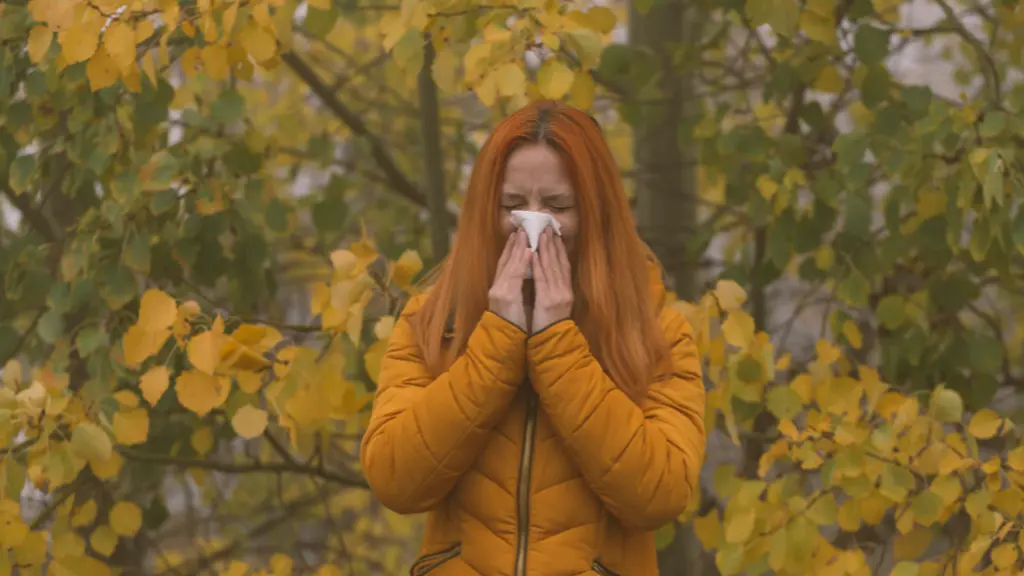The flu is a common seasonal illness. For most people, it causes mild symptoms. However, severe flu can lead to complications, hospitalization, or even death. Knowing the factors that increase your risk can help you take steps to protect yourself and your loved ones.
You May Also Like: How Healthy Are Sweet Potatoes?
1. Age-Related Risk Factors
Infants and Young Children
Children under 5 are at higher risk because their immune systems are still developing. Severe flu can lead to:
- High fever
- Dehydration
- Pneumonia
Older Adults
Adults 65 and older face an increased risk of severe flu. Aging weakens the immune system, making it harder to fight infections. Complications like bronchitis and heart problems are more common in this group.
2. Underlying Health Conditions
Chronic illnesses weaken the body’s ability to combat the flu. Some conditions that increase your risk include:
- Asthma or COPD: Respiratory conditions can worsen flu symptoms and lead to pneumonia.
- Heart Disease: People with heart conditions are more likely to experience complications.
- Diabetes: High blood sugar levels can impair the immune response.
- Kidney or Liver Disease: These conditions reduce the body’s ability to recover from illness.
3. Weakened Immune System
A compromised immune system makes it harder to fight infections. People at higher risk include:
- Those undergoing cancer treatment
- Organ transplant recipients
- People with autoimmune diseases
- Individuals with HIV/AIDS
These groups should prioritize vaccination and practice strict hygiene measures.
4. Pregnancy and Postpartum Risk
Pregnant women are more vulnerable to severe flu due to hormonal changes and increased demands on the body. The flu can cause serious complications such as:
- Premature birth
- Low birth weight
- Severe illness in the mother
Getting a flu shot during pregnancy is safe and highly recommended.
5. Obesity
Obesity, particularly a BMI over 40, increases the risk of severe flu. It can lead to:
- Chronic inflammation
- Weakened respiratory function
- Poor immune response
Maintaining a healthy weight can reduce this risk over time.
6. Living or Working in High-Risk Environments
Some environments expose individuals to a higher risk of flu transmission:
- Healthcare Settings: Medical staff are frequently exposed to infected patients.
- Nursing Homes: Flu spreads quickly in communal living spaces.
- Schools: Children in close contact with peers are more likely to catch the flu.
Wearing masks and following hygiene protocols can help minimize risk.
7. Smoking or Vaping
Tobacco and vaping products damage the respiratory system, making it more susceptible to infections. Smokers are more likely to experience severe symptoms, including bronchitis and pneumonia.
Quitting smoking can significantly improve lung health and reduce flu risks.
8. Lack of Vaccination
Flu vaccination is one of the best ways to prevent severe flu. People who skip the flu shot face:
- Higher chances of contracting the flu
- Increased risk of complications
Vaccines are especially important for high-risk groups like seniors, pregnant women, and individuals with chronic illnesses.
9. Stress and Poor Sleep
Chronic stress and insufficient sleep weaken the immune system. This makes the body less capable of fighting the flu. Aim for:
- 7–9 hours of sleep per night
- Stress management techniques like meditation or exercise
10. Traveling During Flu Season
Traveling, especially on planes or crowded public transport, increases your exposure to flu viruses. International travel can expose you to unfamiliar flu strains. To reduce risk:
- Wear a mask in crowded spaces
- Carry hand sanitizer
- Avoid touching your face
Preventive Measures
1. Get Vaccinated
Annual flu shots are effective against the most common strains. It’s essential for high-risk groups and highly recommended for everyone else.
2. Practice Good Hygiene
- Wash hands regularly with soap.
- Use alcohol-based hand sanitizers.
- Cover your mouth and nose when coughing or sneezing.
3. Boost Your Immune System
A strong immune system helps fight infections. Focus on:
- Eating a balanced diet with plenty of fruits and vegetables
- Exercising regularly
- Staying hydrated
4. Avoid Close Contact with Sick People
Flu spreads easily through droplets. If someone around you is sick, maintain distance and disinfect surfaces regularly.
When to Seek Medical Help
Some flu symptoms can signal serious complications. Seek immediate medical attention if you experience:
- Difficulty breathing
- Persistent chest pain
- Severe dehydration
- High fever that doesn’t improve
Conclusion
Understanding the factors that increase your risk of severe flu is essential for prevention. Whether it’s due to age, health conditions, or lifestyle, awareness can help you take proactive steps.
By getting vaccinated, practicing good hygiene, and maintaining a healthy lifestyle, you can protect yourself and reduce your chances of severe flu. Stay informed, stay prepared, and prioritize your health this flu season.










